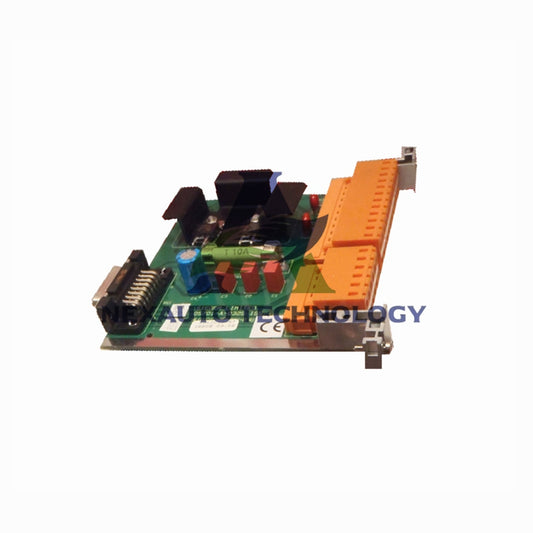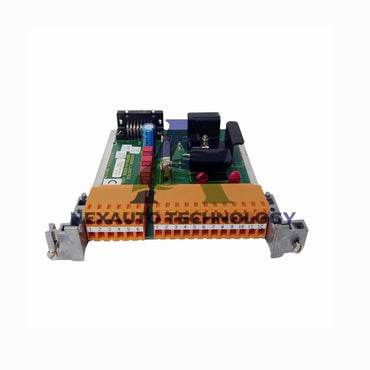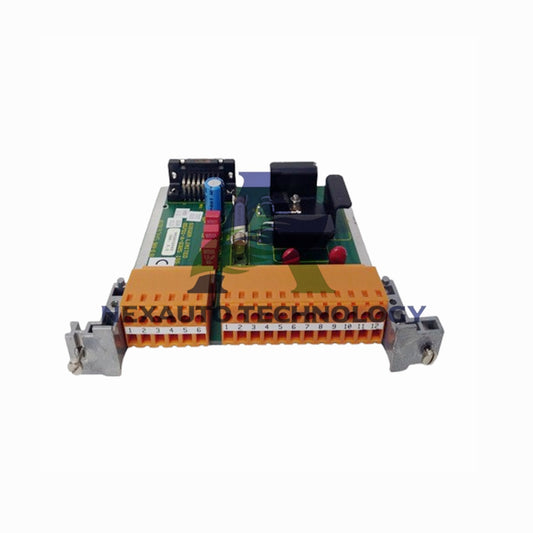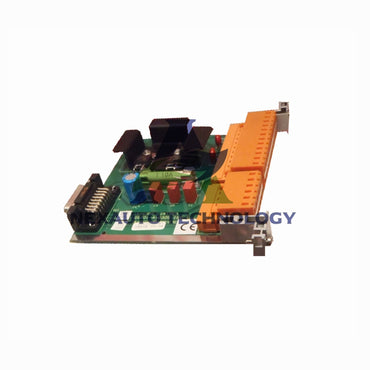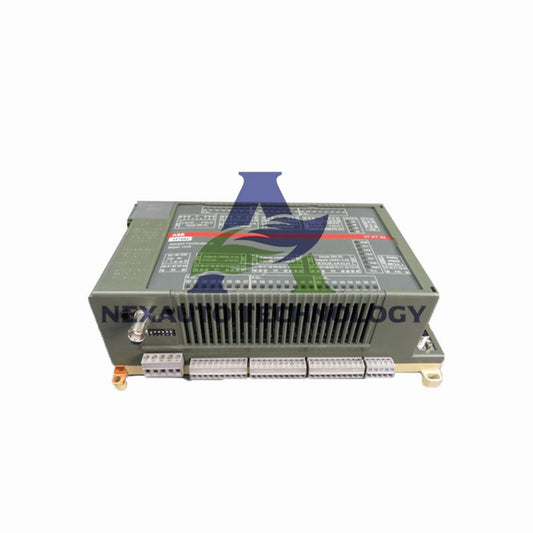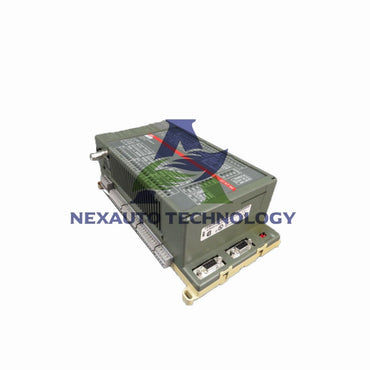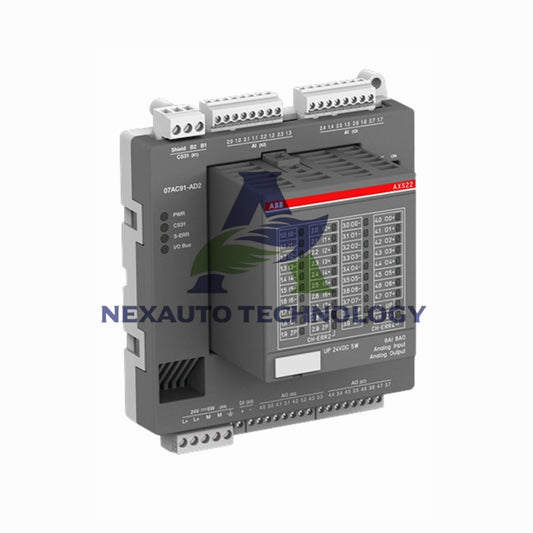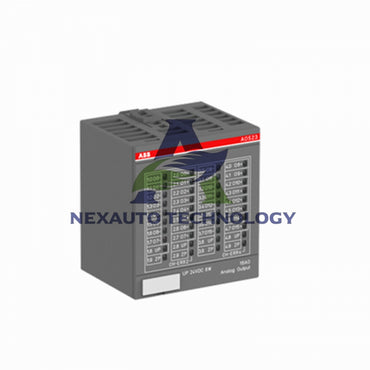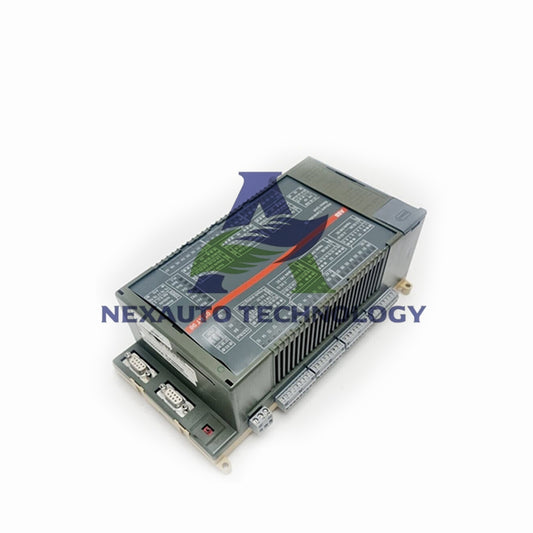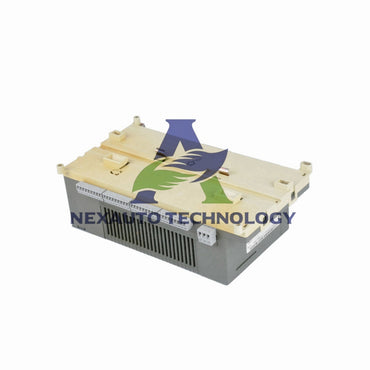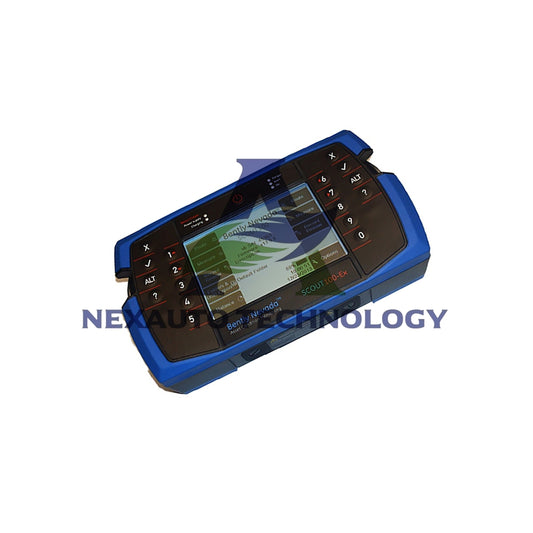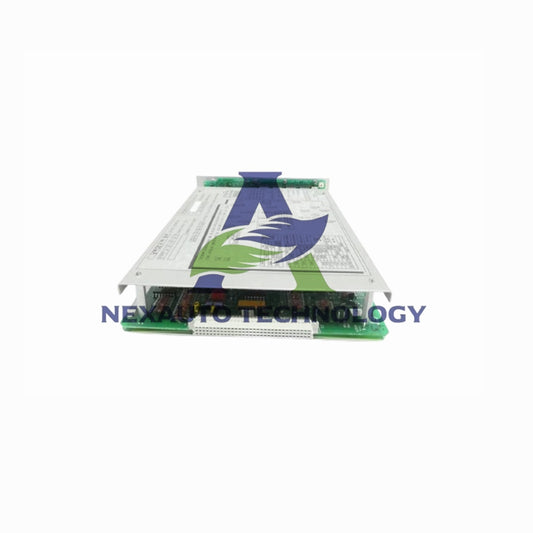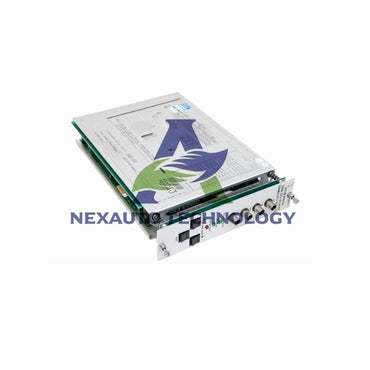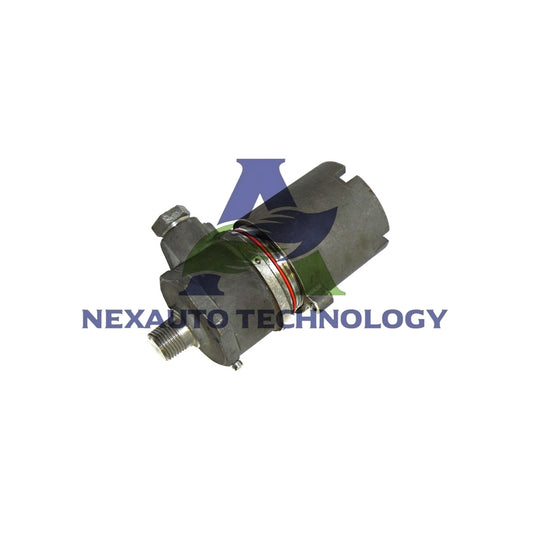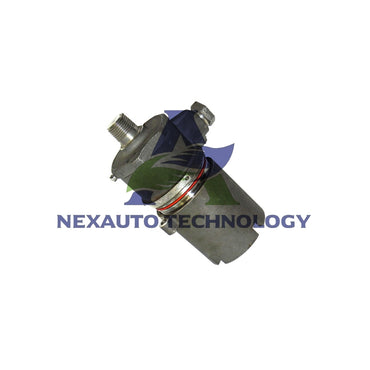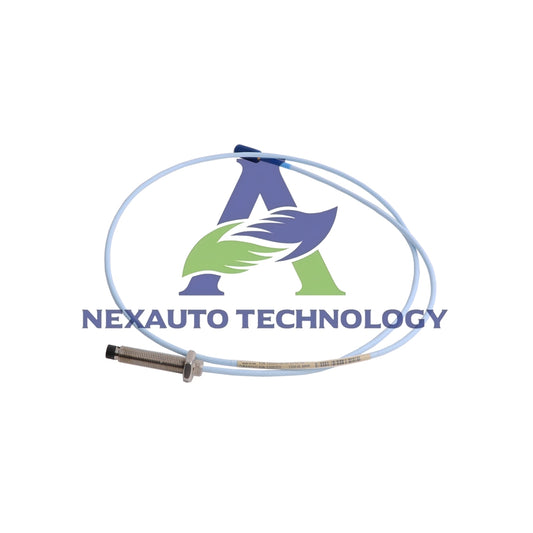The Future of Manufacturing
As technology continues to advance, we can expect to see even more sophisticated and interconnected smart factories. The future of manufacturing lies in the ability to create flexible, responsive, and sustainable production environments.

Benefits of Smart Factories
- Increased Efficiency: Automation and optimization lead to higher productivity and reduced downtime.
- Improved Quality: Real-time monitoring and data analysis enable early detection of defects.
- Greater Flexibility: Smart factories can quickly adapt to changing market demands and product variations.
- Cost Reduction: Optimized resource utilization and reduced waste contribute to lower operating costs.

What is a Smart Factory?
A smart factory is a highly automated and interconnected manufacturing environment. It relies on advanced technologies such as IoT, AI, and big data analytics to optimize production processes. These factories can self-monitor, self-adjust, and self-optimize, leading to greater flexibility and responsiveness to market demands.
Key Technologies Driving Smart Factories
- IoT: The Internet of Things connects devices, machines, and systems, enabling real-time data collection and analysis.
- AI: Artificial intelligence algorithms power predictive maintenance, quality control, and process optimization.
- Robotics: Advanced robotics handle complex tasks with precision and speed, increasing productivity.
- Cloud Computing: Cloud-based platforms provide scalable and flexible computing resources for data storage and analysis.
Challenges and the Role of Industrial Automation Engineers
While the benefits of smart factories are significant, there are challenges to overcome, such as:
- High Initial Investment: Implementing smart factory solutions requires significant upfront costs.
- Data Security: Protecting sensitive data is crucial in a connected environment.
- Skill Gap: There is a growing demand for skilled workers with expertise in automation technologies.
Industrial automation engineers play a vital role in addressing these challenges. They design, implement, and maintain the automation systems that drive smart factories. Their expertise is essential for ensuring the seamless integration of various technologies and the successful deployment of smart factory solutions.
The Evolution of Manufacturing
Manufacturing has come a long way. From manual labor to automated assembly lines, factories have always strived for efficiency. Today, we're witnessing a new era: the era of smart factories. These intelligent facilities leverage cutting-edge technologies to optimize production, reduce costs, and improve product quality.
Check below popular items for more information in Nex-Auto Technology.
| Model | Title | Link |
|---|
| 330130-045-10-00 | Extension Cable 330130-045-10-00 Bently Nevada | Learn More |
| 330130-045-10-05 | 330130-045-10-05 Bently Nevada Extension Cable | Learn More |
| IC693UDR005 | GE Fanuc IC693UDR005 Programmable Controller Module | Learn More |
| IC693CBL328 | Terminal Block Connection Cable GE Fanuc IC693CBL328 | Learn More |
| IC693MDL241 | Discrete Input Module IC693MDL241 GE Fanuc | Learn More |
| IC693MDL230 | Isolated Input Module GE Fanuc IC693MDL230 | Learn More |
| IC693PRG300 | Handheld Programming Device GE Fanuc IC693PRG300 | Learn More |
| 51303940-250 | Honeywell Cabinet Fan with Alarm 51303940-250 | Learn More |
| IC695NIU001-ACAD | Ethernet Network Interface Unit GE Fanuc IC695NIU001-ACAD | Learn More |
| 1715-AENTR | 1715-AENTR Allen Bradley Ethernet IP Adapter Module | Learn More |
| 330101-00-52-10-12-05 | Bently Nevada Proximity Probes 330101-00-52-10-12-05 | Learn More |
| 330101-00-10-10-12-05 | 330101-00-10-10-12-05 Proximity Probes Bently Nevada | Learn More |

